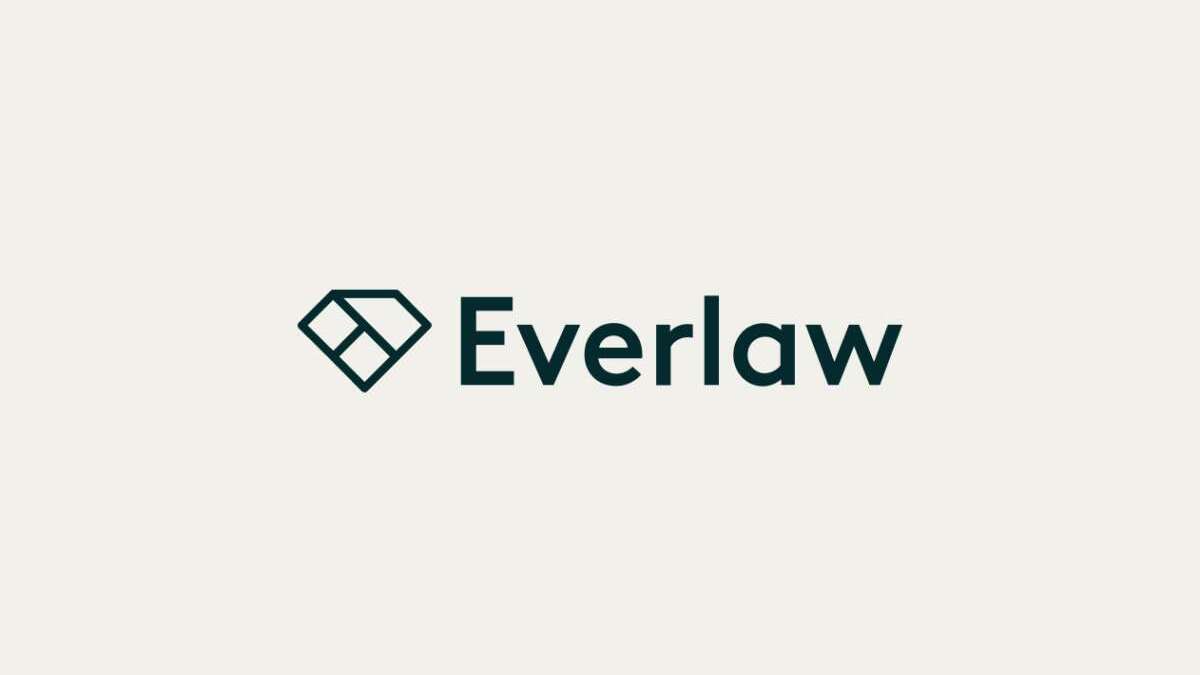Building a Unified Platform for Litigation: Highlights from AJ Shankar’s Everlaw Summit Keynote
by Casey Sullivan

“Our vision is to build a unified platform so that litigation and investigation teams can do all the work you actually want to do—finding the facts that matter and charting a straighter path to the truth.” That was the goal put forth by AJ Shankar, Everlaw CEO and founder, during his keynote presentation at Everlaw Summit.
That work is significant. It’s no less than uncovering the truth. And work of that magnitude deserves the greatest technology possible.
Last week, Everlaw Summit brought together hundreds of leaders in the legal field for three days of learning and collaboration, across nearly 40 individual sessions.
Throughout each event, conversations during networking, CLE sessions, and hands-on workshops, one theme was the same: the importance of promoting justice by illuminating truth, the mission that is at the core of everything we do at Everlaw and central to what drives the work of our users. These are not legal professionals checking a box. They are not interested in discovery qua discovery, fishing expeditions, or procedural games. They are committed to revealing the facts behind a matter, to finding key insights buried under once-insurmountable quantities of data, to extracting value from that process, to driving that value forward throughout a case, and to ensuring that, as best as possible, justice is done.
And in doing so as effectively and collaboratively as possible, they transform their organizations while maintaining one of the pillars of society.
Supporting the Rule of Law, from First Byte to Trial
During this capstone presentation, AJ demonstrated how Everlaw is making that possible, “from first byte all the way through to trial presentation,” for litigators, in-house teams, government agencies, and beyond.
“The idea that no one is above the law, that there is a system for pursuing justice,” AJ said, is what makes the legal profession unique. And though supporting the rule of law can be difficult, frustrating, and even messy, “the end result is formidable: the ability to resolve disputes in civil society peaceably and correctly.”
It is, as AJ noted, “the essential machinery for a democratic society.”
 Play this video on Vimeo
Play this video on Vimeo
At Everlaw, our goal is to facilitate that process for practitioners like you. The rule of law only works when it is trusted, and it can only be trusted when its decisions are based on truth. And finding the truth, as any legal professional knows, is no simple matter.
It was that challenge that inspired AJ to create Everlaw. As a PhD in computer science, without a single lawyer in the family, transforming the way the law uncovers the facts of a matter was not always in the cards. But the challenges were “surprisingly and enticingly deep,” AJ noted. Those challenges are deeply technical – big data at scale, artificial intelligence applied to the highest-stakes circumstances, real-time collaboration across large teams – requiring deep technical expertise. The opportunities to “do something better” were plentiful.
They still are.
Indeed, over the 15 years since the initial conception of what has become the Everlaw you know today, the technical challenges facing litigators have only grown. Fueled by the increasing digitization of nearly every facet of our personal and professional lives, there is a surfeit of electronic evidence like never before.
But getting your hands around that data – making sense of it, finding what matters – is no easy task. Indeed, the parade of horribles can be long: the endless corporate Zoom calls, bad enough as an attendee, are made even worse when they work their way into potential evidence in a document review; the collaborative apps that are spurring new ways of getting work done while also defying traditional notions of documents and custodians; the proliferation of new file types and data sources virtually without end, all of which may need to be collected, processed, and reviewed.
“Today, you’re still looking for needles in haystacks,” AJ explained, “but the haystacks are now a thousand times bigger. Meanwhile, your team and budget are not a thousand times bigger.
“You need better algorithms, better AI, better visualizations. Better discovery, period. You deserve better technology.”
Making sure that you get the better technology you deserve is core to the Everlaw project.
In his keynote, AJ laid out three pillars to making this vision a reality.
Tackling Data at Scale, with Technology Worthy of the Challenge
Many of the problems facing the legal profession today are, by their very nature, technical problems: the challenge of massive data sizes, the need to reliably ingest and process that data, the need to make sense of it, at scale, while collaborating across teams. As AJ noted, “If you’re a computer science nerd like me, this is a dream.”
Many of these challenges Everlaw has long addressed: drag-and-drop imports with industry-leading processing speeds, so you can access your data quickly, regardless of size; bulk PII redaction, so you can protect that data; machine translation for over 100 languages, to make sense of whatever comes your way; and predictive coding and advanced analytics to accelerate your insights.
A host of next-generation technologies are building upon those successes and finding new ways for you to handle today’s data challenges. Everlaw’s proprietary processing engine allows you to ingest nearly a million documents an hour, and its flexibility enables Everlaw to add support as new file types arise.
Unearthing Key Insights, from the Biggest Picture to the Individual Bytes
Everlaw’s Cloud Connectors are making it easier to access data directly from its source – from applications like Office 365 and Slack, or cloud storage repositories like Box and Google Drive – while preservation in place makes it easier to protect that data before collection.
And the company continues to innovate to make it easier for you to make sense of that data. Everlaw Clustering allows legal teams to sort through millions of documents, leveraging unsupervised machine learning to extract insight without any human input. With Clustering, you can quickly move between 30,000-foot snapshot to the document-level view, for unparalleled insight into your document corpus.
AJ also announced the forthcoming features that will further enable teams to gather more insights from their data more quickly, whether they are analyzing broad communication patterns or deep diving into near-duplicates.
“We’re doing this all on a cloud-native platform that can scale to tens of millions of documents and dozens of terabytes for a single matter,” AJ noted, “that can ingest or produce close to a million documents an hour, that has industry-leading uptime, that’s available anywhere you work with world-class security practices, and that keeps you ahead of the technology curve with monthly updates.”
Integrating Collaboration from Beginning to End
Finally, Everlaw is making this whole process entirely collaborative. Indeed, collaboration is ingrained in every aspect of the platform, from the ease of provisioning users to the granular control over permissions and the ability to communicate directly in-app in the message center.
And, of course, with tools like Storybuilder, coordinating efforts and collaboratively preparing for trial has never been easier. That’s why Everlaw users have added more than 2.7 million documents to Storybuilder Timelines and drafted over 50 million words in Storybuilder Drafts. Soon-to-come features will add even more functionality to this critical suite of tools.
Charting a Straighter Path to the Truth
The tools themselves are only part of the solution, however. How those tools are built can matter nearly as much. “We know you sweat the details,” AJ said. “One of my personal points of pride is that we do too.” That dedication and thoughtfulness shows up in projects big and small, whether applying groundbreaking academic research to data analysis or building quality-of-life tools like parties search or a simple undo button.
To meet the challenges facing legal professionals today requires great effort and attention to detail. But when done correctly, the benefits are immeasurable: a more effective, more efficient legal system, a realization of the true promise of big data, the leveling of playing fields and transformation of organizations, and ultimately, a straighter path to the truth.
“Many of you here know our team and share our vision,” AJ concluded. “I want to thank you for that support, which has allowed us to come this far. We’re so excited to spend the next decade delivering on this experience for all of you.”
 Play this video on Vimeo
Play this video on Vimeo

Casey Sullivan is an attorney and writer based out of San Francisco, where he leads Everlaw’s content team. His writing on ediscovery and litigation has been read by thousands and cited by federal courts.